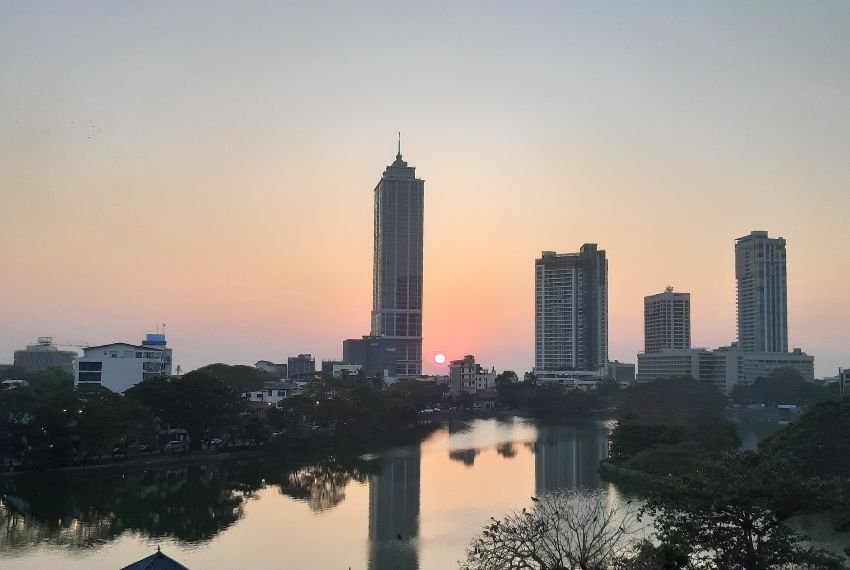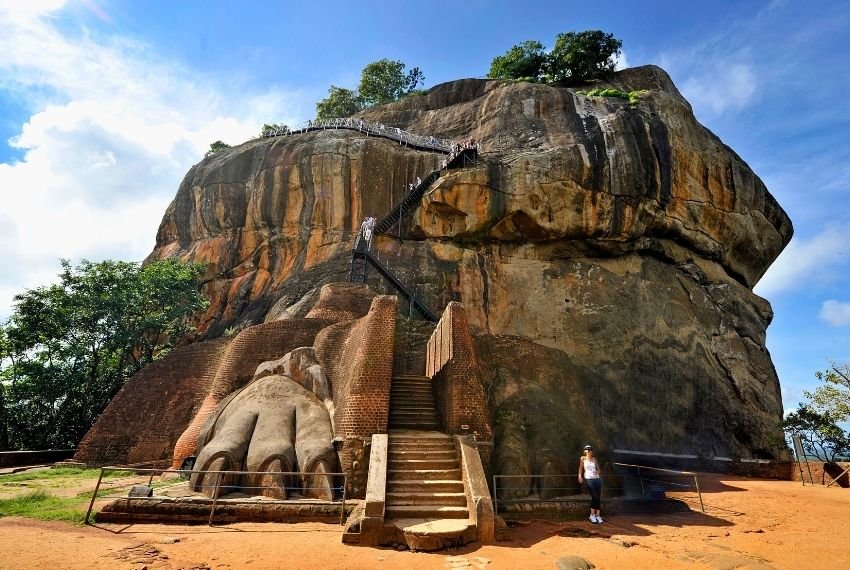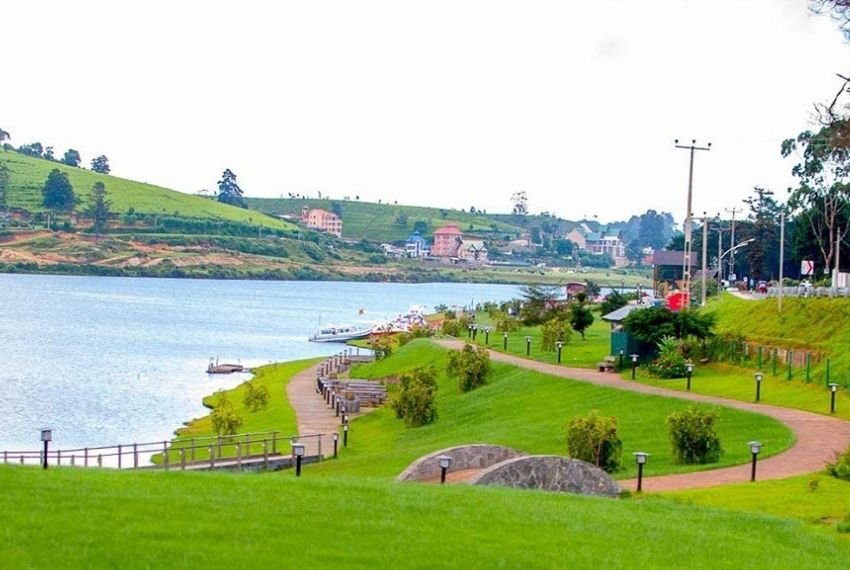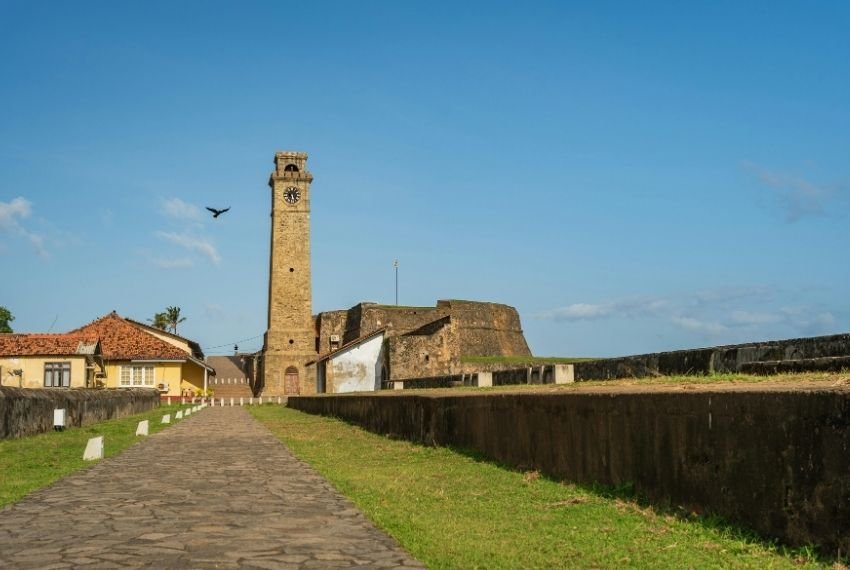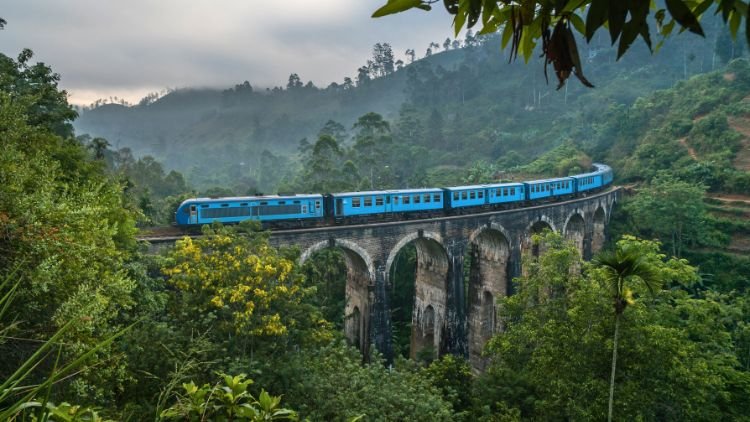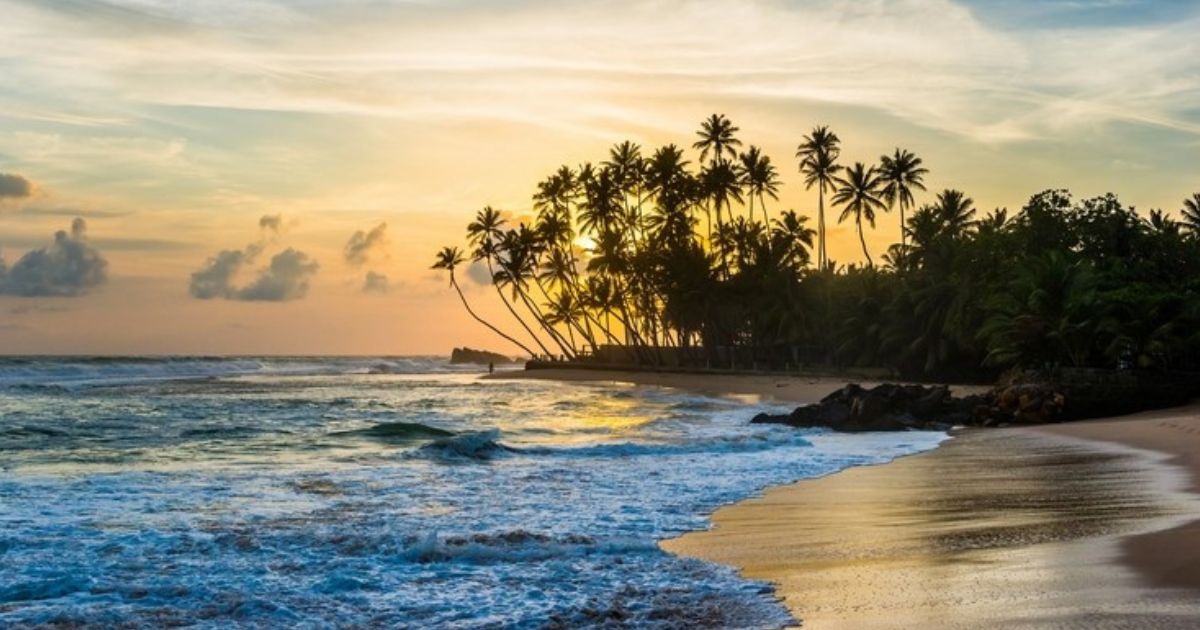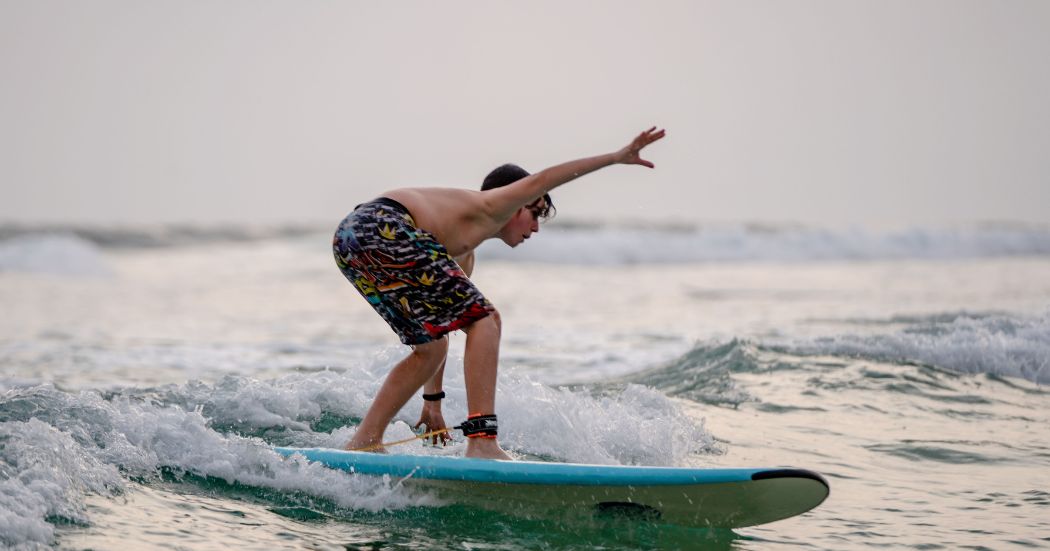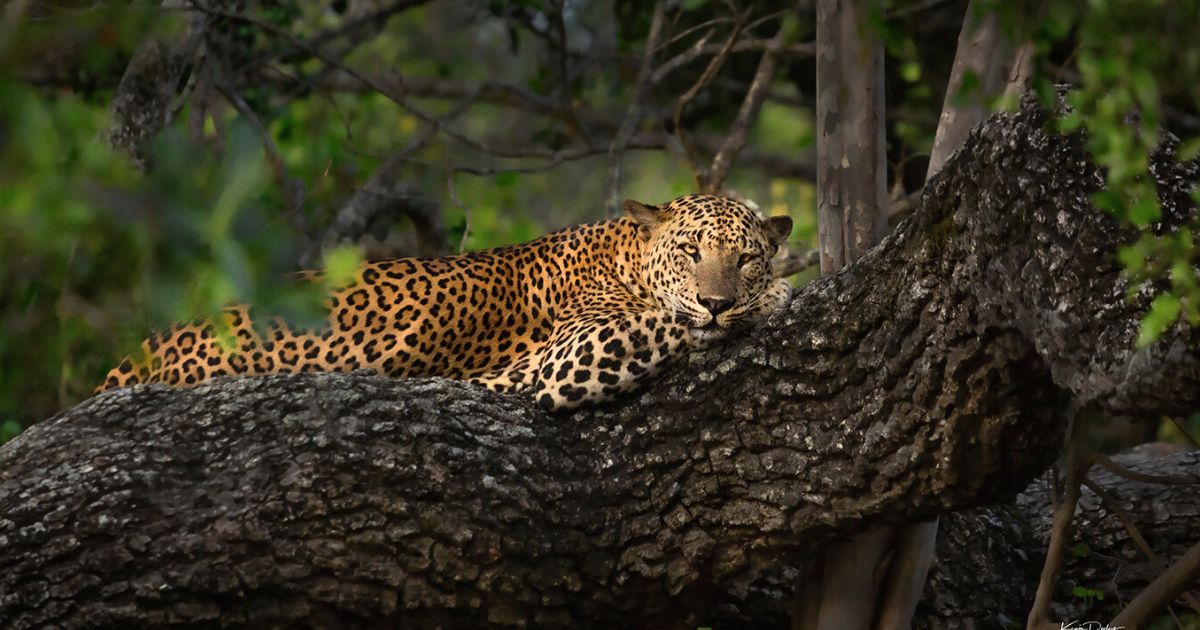Menu
Festivals in Sri Lanka: A Tourist’s Guide to Vibrant Celebrations
Sri Lanka, the Indian Ocean pearl, is a nation where spirituality, culture, and community come alive through its vibrant festivals. These festivals based on the Buddhist, Hindu, Muslim, and Christian traditions of the island offer visitors a unique experience of witnessing the heart and soul of Sri Lankan life. From the pomp of the Esala Perahera to the colorful rituals of Deepavali, these festivals are a feast for the senses, blending traditions of yore with modern fervor. Come and learn about Sri Lanka’s most intriguing festivals that every tourist cannot afford to miss.
Why Sri Lanka's Festivals Are a Must-See for Tourists
Festivals in Sri Lanka are not just events but living expressions of the island’s rich cultural heritage. Each festival is an insight into the nation’s rich heritage, religious fervor, and social life. For tourists, these festivals provide an experience of a lifetime beyond sightseeing, allowing you to connect with people, witness age-old traditions, and sense the pulse of Sri Lanka. Whether it’s the thump of drums, the sheen of lanterns, or the aroma of incense in the air, these festivals have memories that last long after the trip is over.
Major Festivals to Experience
1. Esala Perahera (Kandy)
Cultural Importance: Sri Lanka’s most renowned festival is the Esala Perahera, celebrated annually in Kandy. The festival celebrates the Sacred Tooth Relic of the Buddha, housed in the Temple of the Tooth. Dating from the 4th century, the festival marries Buddhist devotion and regal splendor, including richly decorated elephants, traditional dancers, and drummers.
Main Attractions: The best attraction is the evening parade, with caparisoned elephants, fire dancers, and Kandyan drummers parading along the roads. The final night, the Maha Perahera, is the most spectacular, drawing thousands of spectators.
Best Time to Visit: The festival falls in either July or August, depending on the full moon. Come a few days early to secure good vantage points and accommodations.
Tourist Tips:
- Dress Code: Dress modestly out of respect for the religious nature of the event.
- Etiquette: Be courteous to the crowds and not obstruct the procession.
- Safety: Book accommodations in advance, as Kandy fills up rapidly during the festival.
Traveler’s Note: “Watching the Esala Perahera was like stepping into a living tapestry of history and faith. The energy was electric, and the devotion palpable.” – A recent traveler.
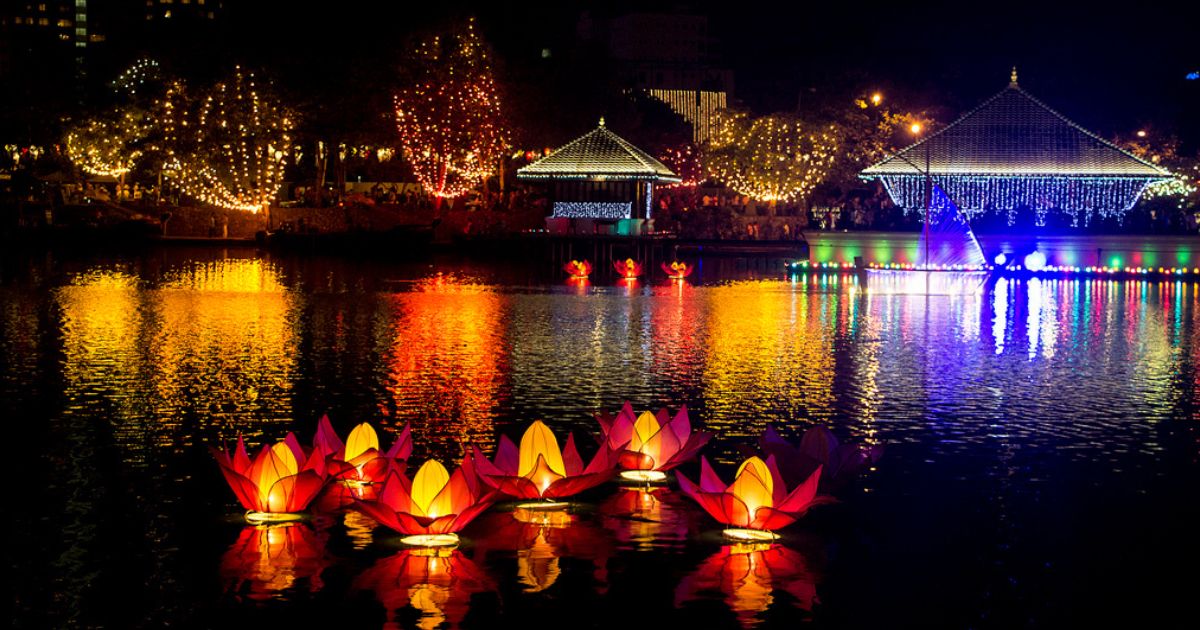
2. Vesak Poya
Cultural Significance: Vesak Poya observes the birth, enlightenment, and passing away of the Buddha. Vesak, the Buddhist celebration, is witnessed by acts of charity, meditation, and illuminating houses and streets with lanterns.
Main Attractions: Colombo and other cities’ main roads are lined with colorful lanterns, pandals (illuminated displays), and dansalas (free food stalls). Temples organize meditation classes and sermons.
Best Time to Visit: Deepavali occurs during the full moon day of October/November. The pre-festival days are busy with preparation, so it is an excellent time to visit local settlements.
Tourist Tips:
- Participation: Light a lantern or worship at a temple to join in the festive mood.
- Photography: Take the beautiful lantern displays, but take care when shooting places of worship.
- Travel: Public transport might be minimal, so plan your travels accordingly.
3. Deepavali (Diwali)
Cultural Importance: Deepavali, the Hindu celebration of lights, is all about the victory of light over darkness and good over evil. It is celebrated with great enthusiasm by Sri Lanka’s Tamil community.
Key Attractions: The buildings are lit up with oil lamps, and relatives gather together to eat and offer prayers. Fireworks light up the sky at night, while temples have special ceremonies.
Best Time to Visit: Deepavali falls during October or November. Pre-festival days are ideal for observing preparations and bargain-hunting for sweets in the old-fashioned style.
Tourist Tips:
- Cultural Immersion: Visit a Hindu temple to observe the rituals or join a local family for a traditional meal (if invited).
- Dress: Wear colorful, festive colors to blend in with the celebratory mood.
- Safety: Be cautious with fireworks and avoid crowded areas if you’re sensitive to noise.
4. Nallur Festival (Jaffna)
Cultural Significance: Held at the Nallur Kandaswamy Temple in Jaffna, this 25-day festival honors Lord Murugan, the Hindu god of war. It is one of the most important religious events in the north.
Main Attraction: Processions of chariots every day, devotional singing, and sensational Ther (chariot) festival at the end of which the god is ceremonially drawn around the streets.
Best Time to Visit: The festival is held in August or September. Arrive early enough to see the build-up and reserve accommodation in Jaffna.
Tourist Tips:
- Respect: Dress sensibly and take shoes off upon entering the temple.
- Photography: Ask permission before photos, especially of worshippers.
- Local Cuisine: Don’t miss trying Jaffna’s famous crab curry while in stay.
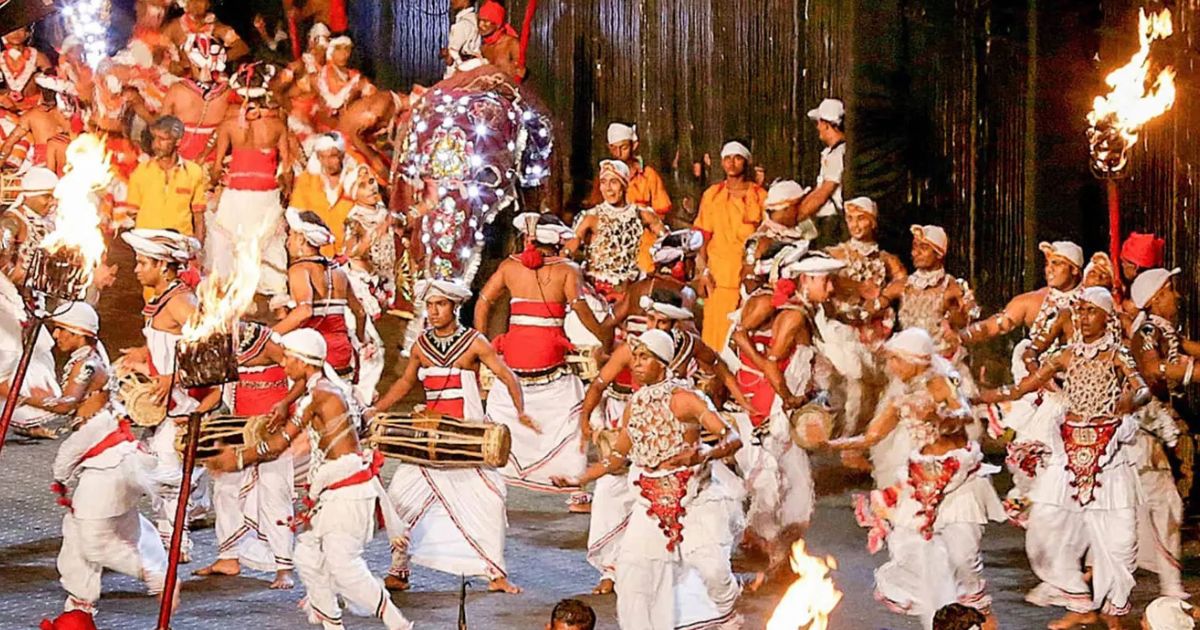
Lesser-Known Festivals Worth Exploring
While the major festivals draw the most attention, Sri Lanka’s smaller celebrations offer equally enriching experiences for tourists seeking authenticity.
- Kataragama Esala Festival: Held in the sacred town of Kataragama, this festival blends Buddhist, Hindu, and indigenous Vedda traditions. Witness fire-walking rituals and devotional dances in a spiritually charged atmosphere.
- Navam Perahera (Colombo): This February festival features a grand procession with elephants, dancers, and musicians, celebrating the full moon and the Buddhist heritage of Colombo.
- Sinhala and Tamil New Year (April): A nationwide celebration marking the astrological new year, filled with traditional games, sweets, and family gatherings. It’s a wonderful time to experience local hospitality.
Local Insight: “The Sinhala and Tamil New Year is when you truly feel the warmth of Sri Lankan families. It’s not just a festival; it’s a time for forgiveness and new beginnings.” – A Colombo resident.
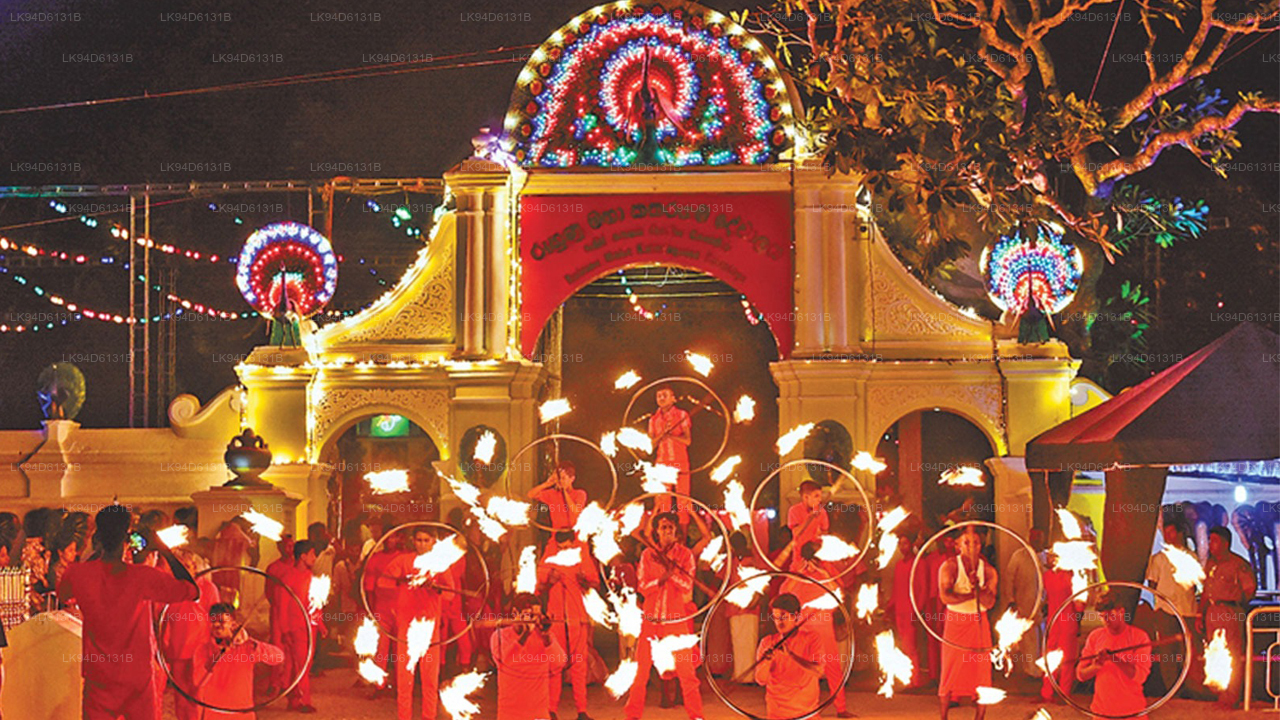
Practical Tips for Festival-Goers
To make the most of your festival experience in Sri Lanka, keep these tips in mind:
- Plan Ahead: Festivals attract large crowds, so book accommodations and transport well in advance.
- Respect Local Customs: Dress modestly, especially at religious events, and always ask before taking photos of people or sacred sites.
- Stay Hydrated: Sri Lanka’s tropical climate can be intense, especially during outdoor festivals. Carry water and wear sunscreen.
- Embrace the Chaos: Festivals can be crowded and noisy, but that’s part of the charm. Go with the flow and enjoy the energy.
Conclusion: Immerse Yourself in Sri Lanka’s Festive Spirit
Sri Lanka’s festivals are a vibrant tapestry of faith, culture, and community, offering tourists a chance to experience the island’s soul. Whether you’re marveling at the grandeur of the Esala Perahera, lighting a lantern during Vesak, or savoring the flavors of Deepavali, these celebrations invite you to connect with the heart of Sri Lankan life. As you plan your journey, let these festivals guide you—they are not just events but gateways to understanding the island’s rich heritage and the warmth of its people. Come, be part of the celebration, and take home memories that will last a lifetime.
Q&A Section
Q: What transport does JLK Tours provide?
A: Comfortable, air-conditioned vehicles for transfers to and from the parks.
Q: Are entrance fees included?
A: Yes, all national park entrance fees are covered in the package.
Q: Does JLK Tours provide snacks and drinks?
A: Yes, snacks and drinking water are provided during the tour.
Q: Are government taxes included in the price?
A: Yes, all applicable taxes and service charges are included.




